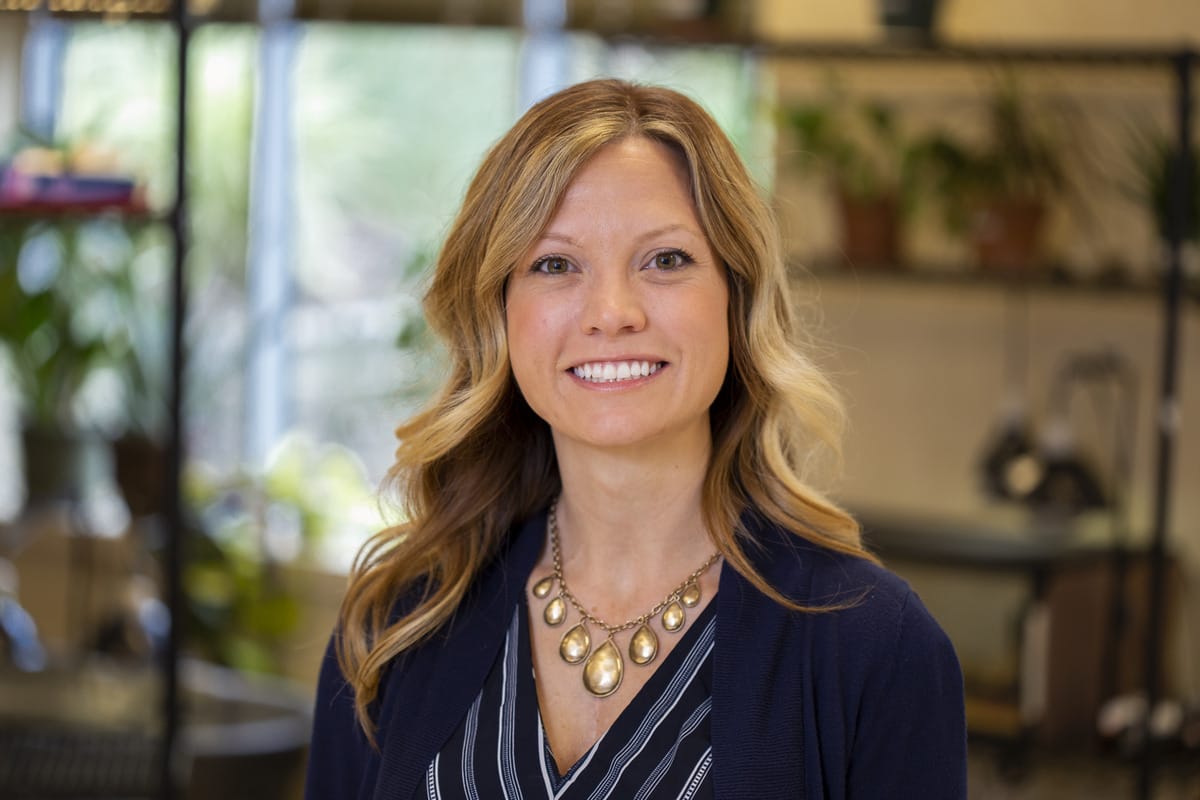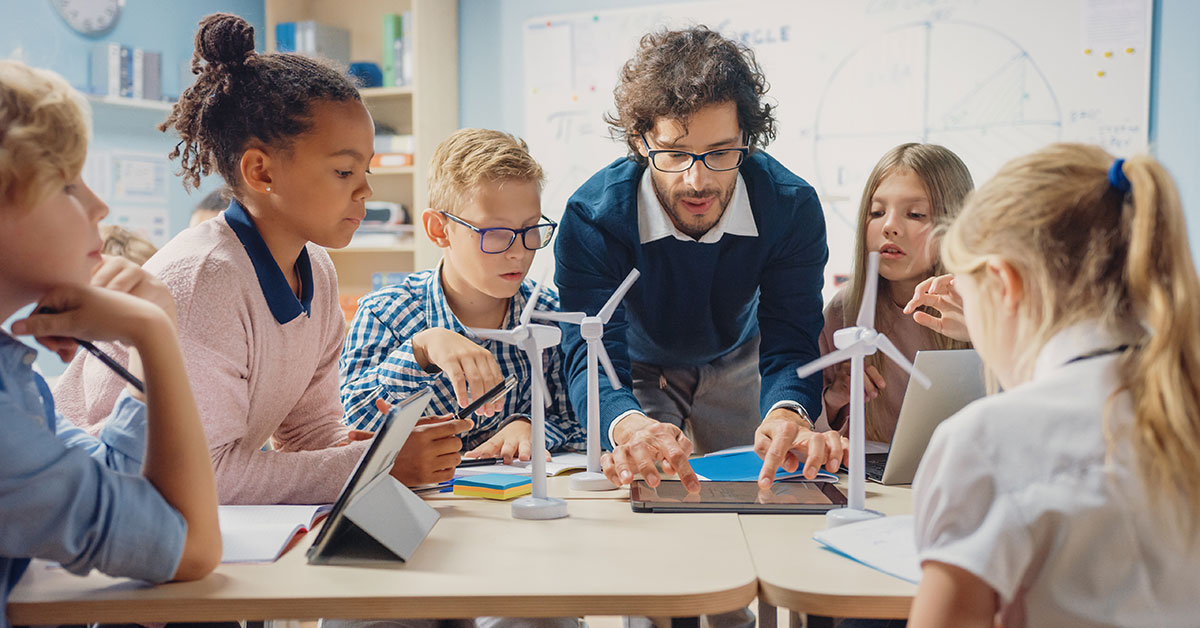With everything occurring in our world right now, I find myself asking big questions. Now, I realize many of the questions don’t have easy, straight-forward answers. But they do provide me the space to think about how I feel and how I relate. Lately, I find myself wondering about what we can do as educators to lift the voices of our students. How can we provide the platform that they need to take a stand on issues that they identify with? These are the issues that matter. These are the meaningful learning experiences that resonate. Learning experiences that give students permission to speak up, speak out, and take action for the benefit of the greater good.
Learning What Matters
We have established some great momentum, so let’s use this momentum to keep pushing onward and upward. It is our obligation to all of our students to constantly be seeking ways to educate with integrity — to do the right thing. Small changes in our classroom can create opportunities for students to find their voice, listen with intention, and have tough conversations that can lead to understanding through respectful discourse. And once we reach understanding, we can be educated and informed activists for social change. Now this is where the positive work starts. The vehicle to help get us there? High-quality project-based learning.
Many social issues can be attributed to a lack of knowledge or understanding. High quality PBL allows students to dive deeply into real-world issues that matter to them. Through this process students find their voice, learn content in a meaningful way, and better understand the world they play an active and integral role in. And finding that voice through student-driven learning is instrumental to getting all voices heard, and all of us playing on the same field. It takes all of us, each playing a collaborative role with a common goal to make real change.
Be a Changemaker
One changemaker I have discovered through my research and work is Dr. Chris Emdin. He discusses what he has termed “Reality Pedagogy” — teaching and learning based on the reality of each student’s experience. In a recent keynote lecture with PBLWorks, he addressed ways to infuse “reality pedagogy” into the PBL experience through the three “Cs”:
- Co-generative Dialogue: Being open to allowing students to do the projects they want to do, with open discussions along the way.
- Co-teaching: Humbly working alongside students, allowing them to take ownership of their learning while giving them the validation that they are the expert.
- Cosmopolitanism: Creating an environment where students feel obligated to take care of each other, creating a pseudo-family within the classroom.
Think of the power in the learning experience when we can let students pilot the plane to their own learning destination. Think about the meaningful engagement that can occur if we can get students to feel deeply that the issues that matter to them, matter to all of us. And think of how humbling it will be to show your students that you are just as much a learner as you are a teacher.
Forward Together
Let’s facilitate learning that accurately quenches their thirst for knowledge and change. Let’s nurture their curiosities in ways that are both informative and transformative. And let’s motivate them to be activists for change in ways that are both positive and powerful. High-quality PBL gives us a place to start, and in the words of Dr. Chris Emdin:
“PBL educators use their pedagogy as protest. You may not be able to attend marches, but you can use the work you do every day with young people as an opportunity to transform the world.” We all want to do our part to make the world a better place, and at Van Andel Institute for Education, that means providing resources for teachers to help make that happen. I encourage you to check out the Blue Apple project, Take a Stand. This PBL experience gives students the platform they need to make their voices heard — and the empowerment they need to raise awareness and effect change. Check it out here.

